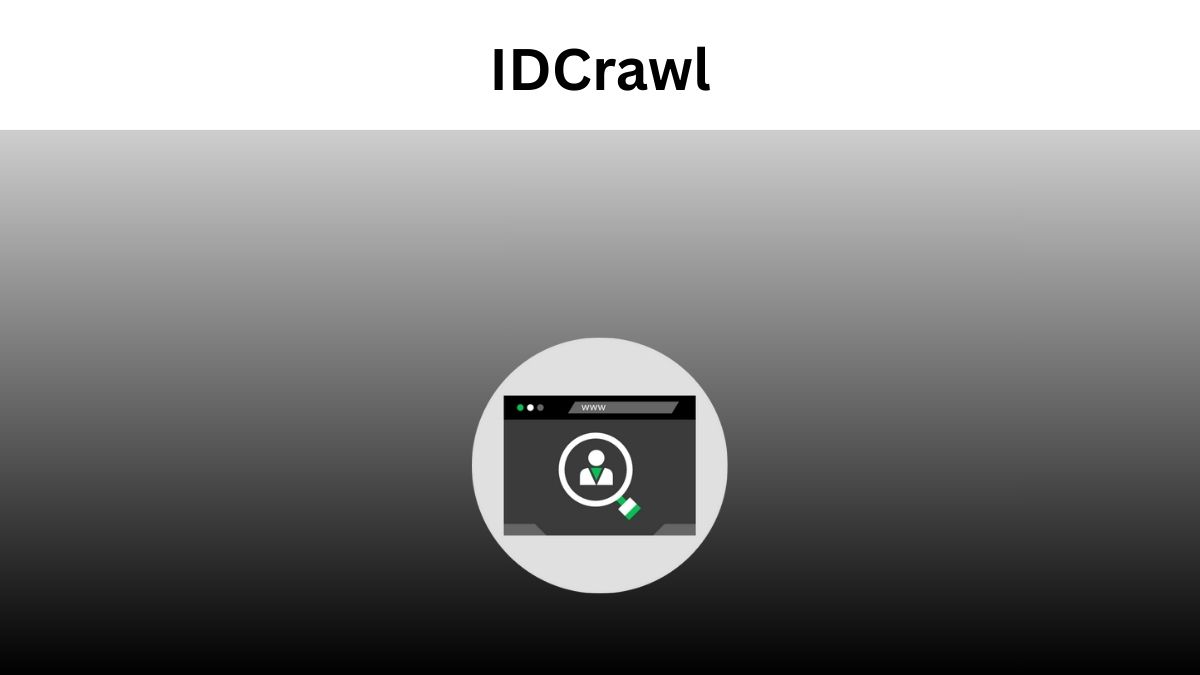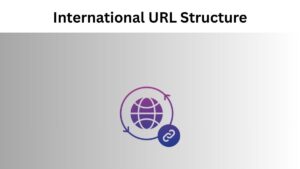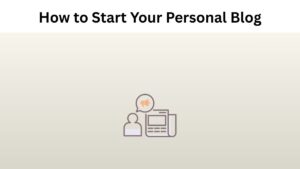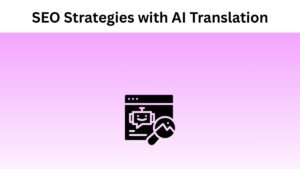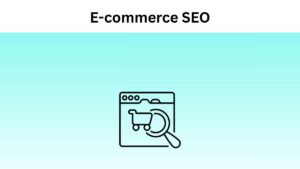In our increasingly connected digital world, finding information about people has become both easier and more concerning. IDCrawl has emerged as one of the most popular people search engines, offering users the ability to discover publicly available information about individuals across the internet. But what exactly is IDCrawl, how does it work, and most importantly, is it safe to use?
This comprehensive guide will explore everything you need to know about IDCrawl, from its core features and functionality to privacy concerns and alternatives. Whether you’re considering using the platform or want to understand how your own information might be displayed, this article provides the insights you need.
What is IDCrawl?
IDCrawl is a free online people search engine that aggregates publicly available information from across the internet to create comprehensive profiles of individuals. Unlike traditional search engines that return a list of links, IDCrawl specifically focuses on gathering and organising personal information from various online sources into easily accessible profiles.
The platform operates as a data aggregation service, collecting information from social media platforms, public directories, blogs, news articles, and other publicly accessible sources. This information is then compiled into searchable profiles that users can access with just a name or username.
Key Characteristics of IDCrawl
- Free basic search functionality for names and usernames
- AI-powered data aggregation that analyses and organises information quickly
- Comprehensive results that include social media profiles, contact information, and location data
- User-friendly interface that makes searching simple
- No registration required for basic searches
How does IDCrawl Work?
IDCrawl employs sophisticated algorithms to crawl the web and collect publicly available information. The platform operates through several key processes:
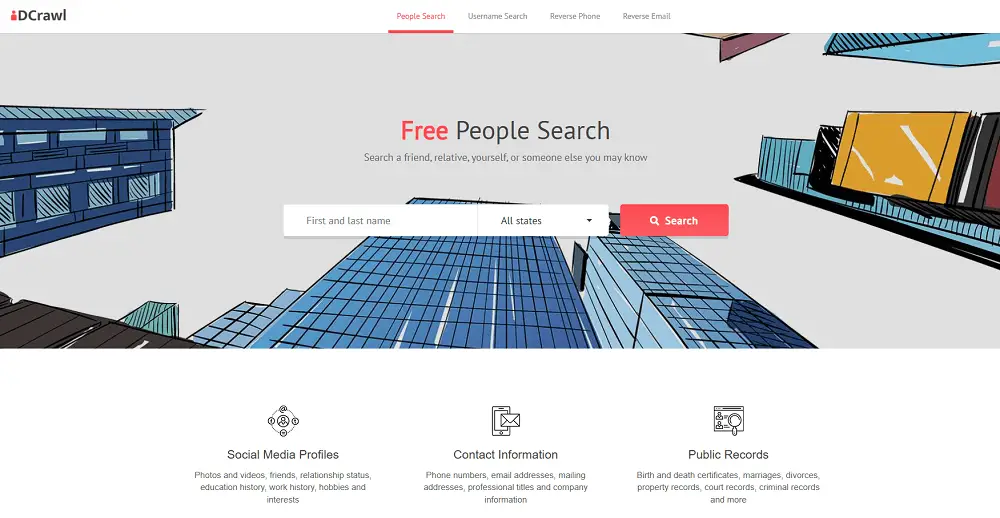
Data Collection Process
- Web Crawling: IDCrawl’s automated systems continuously scan the internet for publicly available information
- Data Aggregation: Information from multiple sources is collected and organised
- Profile Creation: The system creates comprehensive profiles by linking related information
- Regular Updates: Profiles are updated as new information becomes available online
Information Sources
IDCrawl gathers data from numerous online sources:
| Source Type | Information Collected |
| Social Media Platforms | Profile photos, usernames, activity history, connections |
| Public Directories | Phone numbers, addresses, and email addresses |
| News Articles & Blogs | Mentions, interviews, and professional achievements |
| Public Records | Employment history, legal information, property records |
| Professional Networks | LinkedIn profiles, business associations |
| Online Forums | User discussions, interests, and community participation |
Search Capabilities
IDCrawl offers two primary search methods:
- Name Search: Enter a full name to find associated profiles and public information
- Username Search: Discover social media accounts and online profiles linked to a specific username
Features of IDCrawl
Comprehensive People Search
- Search by full name across all 50 states
- Access to current and previous residential information
- Partial email and phone number information
- Social media profile discovery
Social Media Integration
IDCrawl excels at finding social media profiles across platforms, including:
- Twitter/X
- TikTok
- Quora
- YouTube channels
Contact Information Discovery
- Current and previous addresses
- Phone numbers (partial or full)
- Email addresses (partial)
- Professional contact information
Background Information
- Employment history
- Educational background
- Professional associations
- Public records information
Advanced Features (Third-Party Services)
While IDCrawl offers free basic searches, it partners with third-party providers for more detailed services:
- Phone Number Lookup: Comprehensive phone number searches
- Reverse Email Search: Find information associated with email addresses
- Background Checks: Detailed background reports for employment or personal use
- Criminal Records: Access to public criminal history information
Also Read: Instalkr – Instagram Anonymous Story Viewer
Real-World Applications of IDCrawl
Reconnecting with Lost Connections
One of the most common uses for IDCrawl is finding old friends, former colleagues, or distant relatives. The platform can help locate people who have:
- Changed their social media accounts
- Updated their online profiles
- Moved to different locations
- Modified their contact information
Identity Verification
In an era of online scams and fake profiles, IDCrawl serves as a valuable tool for:
- Recruiters: Verifying job candidates’ online presence
- Landlords: Checking potential tenants’ backgrounds
- Online Daters: Ensuring profiles are legitimate
- Business Owners: Vetting potential partners or clients
Digital Footprint Management
Many people use IDCrawl to understand their own online presence:
- Discover what information is publicly available
- Identify old accounts or profiles
- Find incorrect or outdated information
- Manage digital privacy more effectively
Research and Investigation
Professionals in various fields use IDCrawl for:
- Journalists: Finding sources and contacts
- Private Investigators: Gathering background information
- Legal Professionals: Locating witnesses or parties
- Sales Teams: Researching potential clients
IDCrawl vs. Competitors: A Detailed Comparison
IDCrawl vs. Spokeo
| Feature | IDCrawl | Spokeo |
| Free Search | Yes | Limited |
| Social Media Focus | Excellent | Good |
| Background Checks | Third-party | Comprehensive |
| Cost | Free basic | Subscription required |
| Data Accuracy | Variable | Generally high |
IDCrawl vs. Pipl
| Feature | IDCrawl | Pipl |
| User Interface | Simple | Complex |
| Data Sources | Public sources | Deep web included |
| Search Speed | Fast | Slower |
| Cost | Free | Paid service |
| Report Detail | Basic | Comprehensive |
IDCrawl vs. BeenVerified
| Feature | IDCrawl | BeenVerified |
| Free Options | Yes | No |
| Report Generation | Basic | Detailed |
| Background Checks | Third-party | Integrated |
| Customer Support | Limited | Comprehensive |
| Data Breadth | Social media-focused | All public records |
Privacy and Safety Concerns
The safety of IDCrawl depends on several factors:
- Technical Safety: From a cybersecurity perspective, IDCrawl is generally safe to use. The platform doesn’t require personal information to perform searches and doesn’t appear to have security vulnerabilities.
- Privacy Implications: The primary concerns arise from a privacy perspective.
Major Privacy Concerns
Unintended Information Exposure
- Personal information you thought was private may be easily accessible
- Old profiles and accounts you forgot about may be displayed
- Information from various sources is consolidated in one place
Data Accuracy Issues
- Outdated information may appear in search results
- Incorrect details can lead to misidentification
- Mixed profiles from people with similar names
Potential for Misuse
- Information could be used for stalking or harassment
- Identity theft risks from aggregated personal data
- Scammers might use gathered information for fraudulent purposes
Lack of Control
- Individuals have limited control over their displayed information
- Removal processes can be complex and time-consuming
- No guarantee that the removed information won’t reappear
Who Might Be at Risk?
Certain individuals face higher privacy risks:
- Public figures and celebrities
- Business owners and entrepreneurs
- Individuals in sensitive professions
- Victims of stalking or harassment
- People with common names (due to profile mixing)
Legal and Ethical Considerations
Legal Framework
IDCrawl operates within legal boundaries by:
- Collecting only publicly available information
- Not hacking or accessing private databases
- Complying with applicable data protection laws
- Providing opt-out mechanisms for users
Also Read: The Importance of a Database for Modern Businesses
Regulatory Compliance
GDPR (General Data Protection Regulation)
- Applies to EU residents
- Requires explicit consent for data processing
- Provides the right to erasure (right to be forgotten)
CCPA (California Consumer Privacy Act)
- Applies to California residents
- Grants rights to know, delete, and opt out
- Requires businesses to disclose data practices
COPPA (Children’s Online Privacy Protection Act)
- Protects children under 13
- Requires parental consent for data collection
- Limits the information that can be displayed about minors
Ethical Considerations
While legally compliant, IDCrawl raises ethical questions:
- Consent: Should aggregated data be displayed without explicit permission?
- Harm Prevention: What responsibility exists to prevent misuse of information?
- Transparency: Are users adequately informed about data collection?
- Accuracy: What obligation exists to ensure information correctness?
Also Read: Top 10 Best Fake ID Websites for Scannable Cards
How to Protect Your Privacy from IDCrawl
Step-by-Step Removal Process
If you find your information on IDCrawl and want it removed:
Search for Your Profile
- Go to www.idcrawl.com
- Search for your name
- Copy the URL of your profile page
Submit Removal Request
- Scroll to the bottom of the IDCrawl website
- Click “Remove my information”
- Paste your profile URL
- Enter your email address
- Complete the captcha
- Click “Send”
Follow Up
- Monitor your email for confirmation
- Check back after the specified timeframe
- Re-submit if necessary
Proactive Privacy Protection
Social Media Settings
- Review privacy settings on all platforms
- Limit public information sharing
- Regularly audit your online presence
- Use privacy-focused social media alternatives
Online Behavior
- Be cautious about sharing personal information
- Use different usernames across platforms
- Consider using aliases for non-professional accounts
- Regularly clean up old accounts and profiles
Technical Measures
- Use the Best VPN services for browsing
- Enable two-factor authentication
- Regularly update passwords
- Monitor your digital footprint
Alternative People Search Engines
Free Alternatives
Google Search
- Most basic people search option
- Requires manual filtering of results
- No aggregated profiles
Facebook Search
- Good for finding social media profiles
- Limited to Facebook users
- Privacy settings may restrict results
- Professional networking focus
- Good for business contacts
- Limited personal information
Paid Alternatives
Spokeo
- Comprehensive background checks
- Detailed reports available
- Subscription-based pricing
Intelius
- Extensive public records access
- Professional-grade reports
- Higher accuracy rates
PeopleFinder
- Focused on contact information
- Good for address and phone searches
- Reasonable pricing structure
User Reviews and Experiences
Positive Feedback
Users commonly praise IDCrawl for:
- Ease of use: Simple interface and quick results
- Comprehensive results: Find information across multiple platforms
- Free access: No payment required for basic searches
- Speed: Fast search results compared to manual searching
Common Complaints
Frequent criticisms include:
- Privacy violations: Concern about information being displayed without consent
- Inaccurate information: Outdated or incorrect details in profiles
- Difficulty removing information: Complex opt-out processes
- Mixed profiles: Information from multiple people with similar names
Expert Opinions
Privacy advocates and cybersecurity experts generally express concerns about:
- The ease of accessing aggregated personal information
- Potential for misuse by bad actors
- Limited control for individuals over their displayed information
- The need for stronger opt-out mechanisms
Future Developments and Trends
Potential Improvements
Enhanced Search Capabilities
- Photo-based people search is similar to facial recognition tools
- Location-based filtering options
- Time-frame specific searches
- Advanced filtering for more precise results
Privacy Features
- Easier opt-out processes
- More granular control over displayed information
- Notification systems for new information additions
- Enhanced verification processes
Industry Trends
Increased Regulation
- Stricter data protection laws
- Enhanced user consent requirements
- Greater transparency obligations
- Stronger penalties for violations
Technology Evolution
- AI-powered accuracy improvements
- Better data verification systems
- Enhanced privacy protection tools
- Improved user interfaces
Best Practices for Using IDCrawl
For Users Searching for Others
Use Ethically
- Respect others’ privacy
- Don’t use information for harassment
- Verify accuracy before making decisions
- Consider the impact on the person being searched
Verify Information
- Cross-reference with multiple sources
- Be aware of potential inaccuracies
- Don’t rely solely on IDCrawl results
- Update outdated information when possible
For Protecting Yourself
Regular Monitoring
- Search for yourself periodically
- Check for new information appearances
- Monitor changes to your profile
- Address inaccuracies promptly
Proactive Management
- Maintain strong privacy settings
- Limit public information sharing
- Use professional judgment in online activities
- Consider using privacy-focused services
Also Read: Best AI Tools for SEO Professionals
Conclusion
IDCrawl represents both the power and the privacy challenges of our digital age. While it offers valuable services for reconnecting with people, verifying identities, and managing digital footprints, it also raises significant concerns about privacy and data control.
The platform’s ability to aggregate publicly available information is impressive and often useful, but users must weigh these benefits against potential privacy risks. Whether you’re using IDCrawl to find someone or are concerned about your own information being displayed, understanding how the platform works and how to protect your privacy is essential.
As data protection laws continue to evolve and privacy awareness grows, platforms like IDCrawl will likely face increased scrutiny and regulation. In the meantime, users should approach such services with caution, using them ethically and taking steps to protect their own privacy online.
The key to safely navigating the world of people search engines lies in understanding their capabilities, limitations, and potential risks. By staying informed and taking proactive steps to manage your digital presence, you can make informed decisions about when and how to use services like IDCrawl while protecting your privacy and that of others.
Remember that while information may be publicly available, aggregating and displaying it raises important questions about consent, accuracy, and potential harm. As we continue to live increasingly digital lives, the balance between accessibility and privacy remains a critical consideration for both users and service providers.
FAQs:
Is IDCrawl completely free?
IDCrawl offers free basic searches by name and username. However, detailed background checks, phone number lookups, and reverse email searches are provided through third-party services that may charge fees.
How accurate is the information on IDCrawl?
Accuracy varies significantly depending on the sources and the currentness of the information. Many users report finding outdated or incorrect information, so verification through multiple sources is recommended.
Can I remove my information from IDCrawl?
Yes, IDCrawl provides an opt-out process. You need to search for your profile, copy the URL, and submit a removal request through their website. The process may take time, and information might reappear.
Is it legal to use IDCrawl?
Yes, using IDCrawl is legal as it only aggregates publicly available information. However, how you use the information you find could have legal implications, especially regarding harassment or stalking.
How often is information updated on IDCrawl?
IDCrawl continuously crawls the web for new information, but the frequency of updates for specific profiles varies. Some information may be updated regularly, while other details might remain outdated for extended periods.
Does IDCrawl notify people when they’re searched?
No, IDCrawl does not notify individuals when their profiles are viewed or searched. Searches are anonymous from the perspective of the person being searched.
Can businesses utilise IDCrawl for employee screening purposes?
While businesses can use IDCrawl for research purposes, they should be aware of employment law restrictions and ensure they’re complying with relevant regulations regarding background checks and hiring practices.
